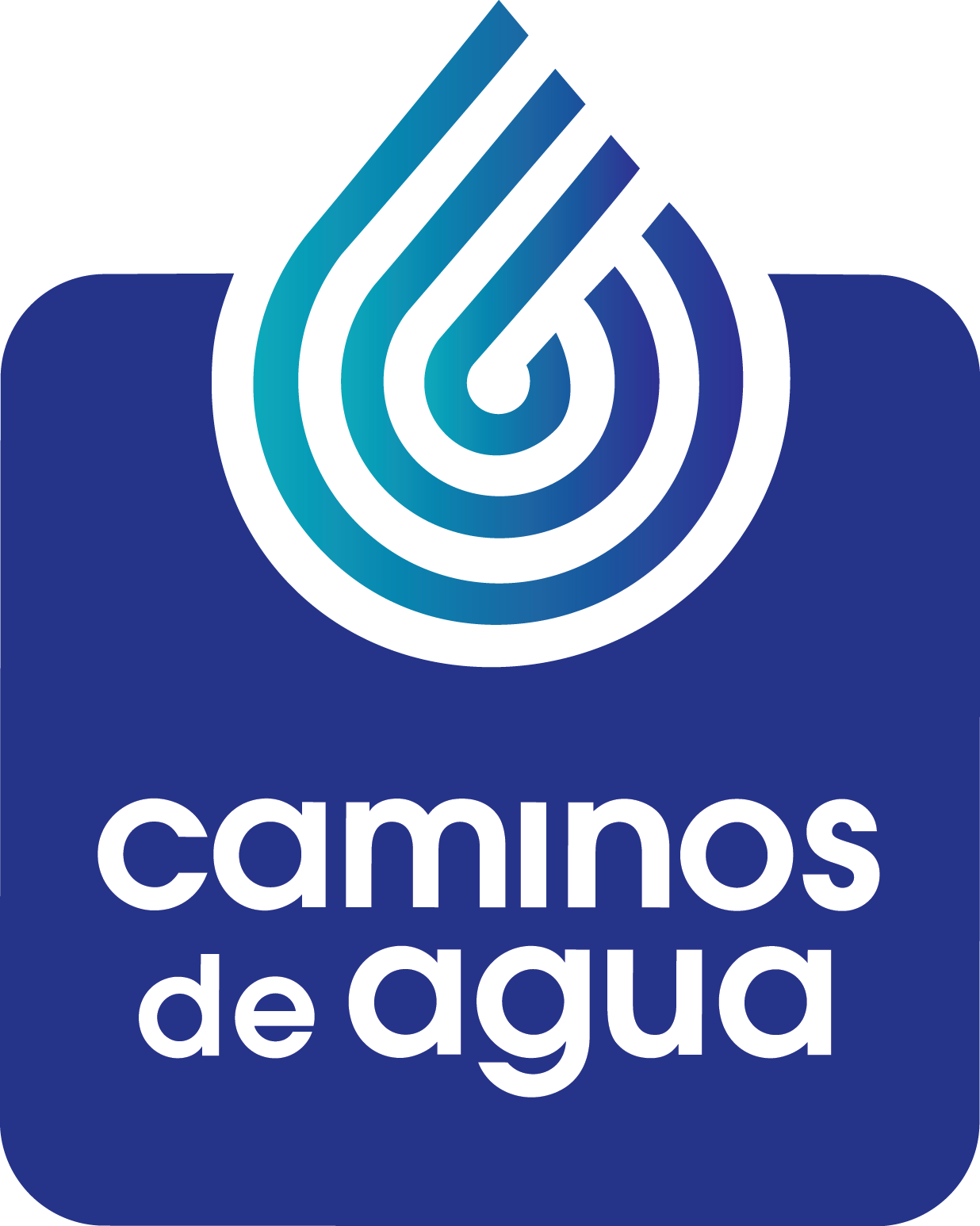Water, Water, Everywhere, But Not a Drop To Drink.
Credit: Hector Retamal/AFP/Getty Images
On September 16th, 2017, a deadly Category 5 hurricane wreaked havoc on many Caribbean islands - including Puerto Rico. Out-dated, but crucial, infrastructure was destroyed. The islands flooded quickly. However, despite the abundance of water, access to safe drinking water became an urgent concern. The only solution available at the time – shipping in plastic bottles – was an inadequate response.
That same month, two powerful earthquakes shook Mexico. First, a magnitude 8.2 quake left many communities disconnected from their water sources in Southern Mexico. Days later, a magnitude 7.1 earthquake struck the states of Puebla, Morelos, and Mexico City. Buildings collapsed throughout the region where hundreds of people died and thousands more were injured. One headline buried amongst the rubble was the sudden lack of water infrastructure to support a now vulnerable population.
A Call to Adapt
In the days following these disasters, Caminos de Agua received numerous requests for our ceramic filters. We were able to provide a limited response in Southern Mexico. However, at the time, we were a smaller organization and relied solely on our artisanal production. Furthermore, our filters were much too large to ship in the quantities that were desperately needed.
Due to these limitations, we were unable to respond to other requests. These catastrophic events were a wake-up call for Caminos. We started looking at the global impact of our technology development and during the next two years we took on the challenge to reach further.
We asked ourselves, how can we adapt our ceramic filters so they can be easily shipped and installed in any available domestic container in a emergency relief situation? Then, we took it a step further and started thinking about how we could also adapt our filter to deal with regionally-specific contaminants – from arsenic and fluoride in our region, to pesticides in Southeast Asia, lead in Flint, Michigan, etc.
One design iteration led to another, and by outsourcing production and thousands of hours of staff and volunteer work, we came up with Aguadapt. This innovation can be deployed for emergency relief and later transition to a permanent water solution for families.
To read more about Aguadapt, click here.
The Time is Now
We must adapt to a world that will see more frequent and devastating natural disasters. This time, Caminos de Agua needs to be able to respond. Your donation this October enables us to provide safe drinking water next time disaster strikes – whether in our region, or hundreds or thousands of kilometers away.

